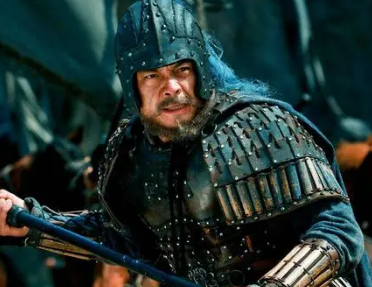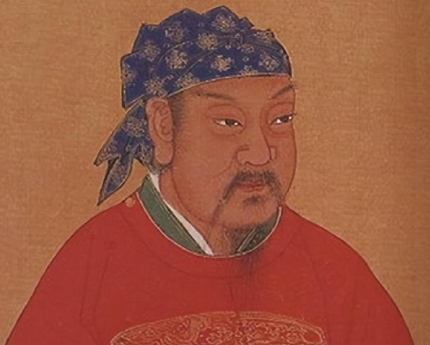The Qin Dynasty, as the first unified multi-ethnic country in Chinese history, both its rise and fall were full of historical necessity and contingency. So, how did the Qin Dynasty lead to its destruction? What historical lessons are worth our deep thinking?

Firstly, the destruction of the Qin Dynasty was related to its overly harsh legal system. After unifying the six states, Emperor Qin Shi Huang implemented a strict legal system to consolidate his rule. However, this overly harsh legal system provoked strong resistance from the people, leading to social unrest.
Secondly, the tyranny of the Qin Dynasty was also an important reason for its destruction. During Emperor Qin Shi Huang's reign, he extensively built large-scale projects such as the Great Wall and the E-Pang Palace, which burdened the people heavily. In addition, actions such as burning books and burying Confucian scholars severely hit the enthusiasm of intellectuals and made social thinking rigid.
Thirdly, the internal conflicts within the ruling group of the Qin Dynasty were also one of the reasons for its destruction. After Emperor Qin Shi Huang's death, Zhao Gao and others manipulated the political power, leading to political corruption and power struggles within and outside the court. The existence of such internal conflicts made the ruling foundation of the Qin Dynasty increasingly shaky.
Finally, the destruction of the Qin Dynasty was also related to external factors. After Emperor Qin Shi Huang's death, rebellions broke out all over the place, among which the Dazexiang Rebellion led by Chen Sheng and Wu Guang was the most famous. Although these rebels ultimately failed to successfully overthrow the Qin Dynasty, their actions laid the groundwork for the later struggle between Chu and Han.
Overall, the destruction of the Qin Dynasty was both a historical necessity and a historical contingency. Its destruction left us profound lessons: no rule can be separated from the people, no law can be too harsh, and no political power can ignore internal stability and external challenges. Only by truly putting the people at the center can we achieve long-term prosperity and stability.
Disclaimer: The above content is sourced from the internet and the copyright belongs to the original author. If there is any infringement of your original copyright, please inform us and we will delete the relevant content as soon as possible.
































